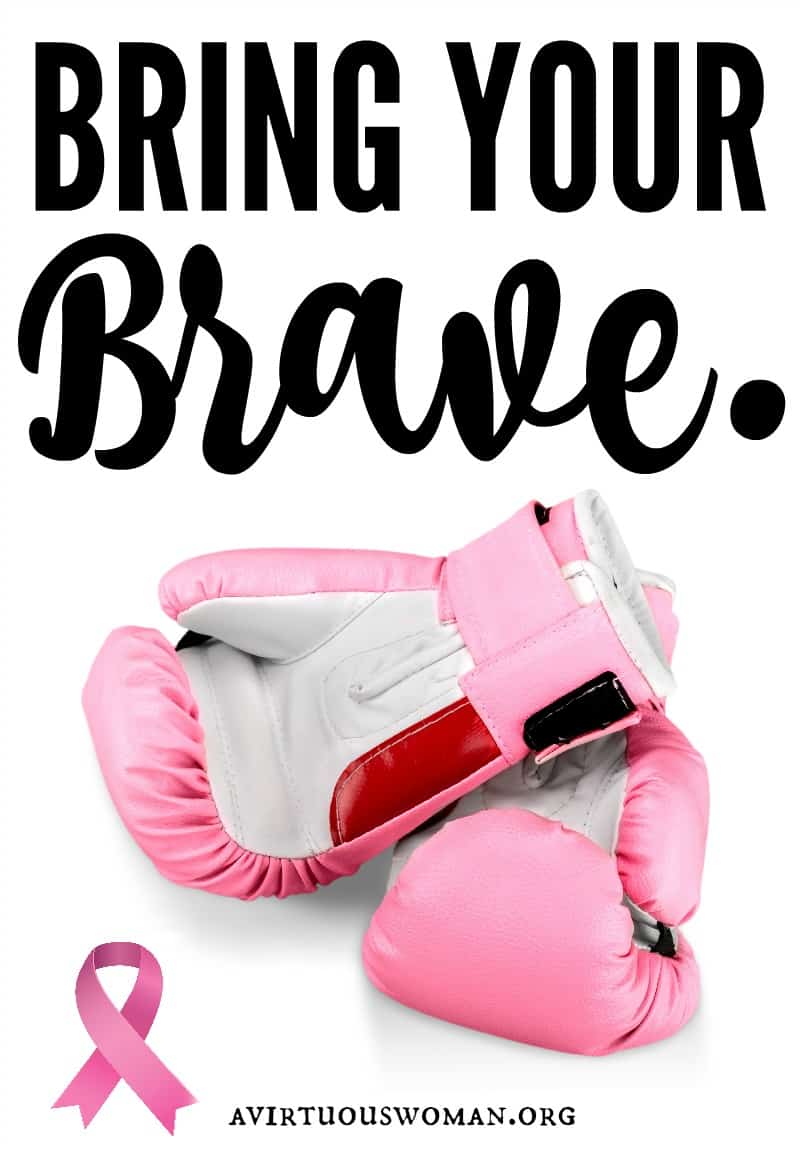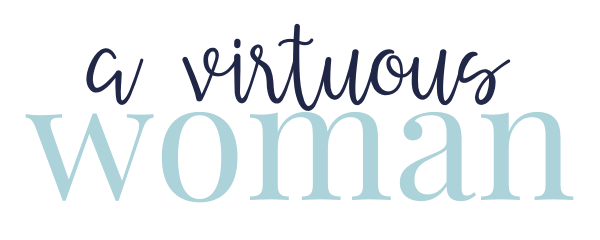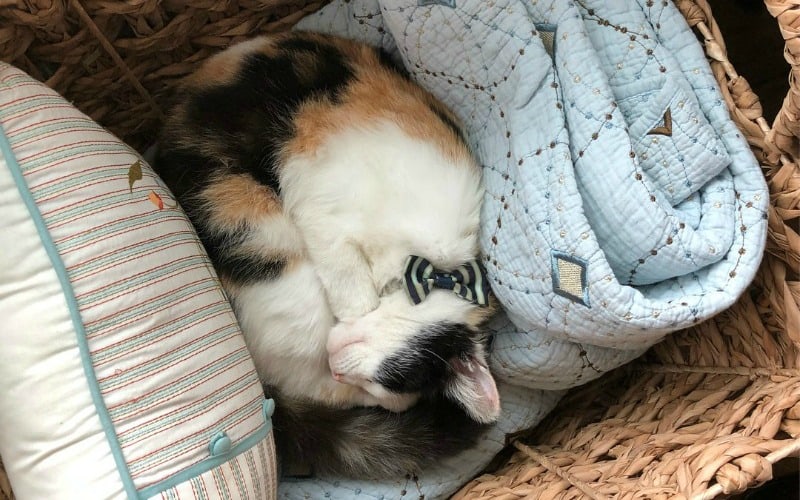Be Brave! Early Detection for Breast Cancer in Women
Did you know that breast cancer is the most common cancer among women in the United States? In fact, it is estimated that one in eight women will develop breast cancer at some point in their lives. While this disease can occur at any age, it is most often diagnosed in women over 50 years old.
However, it’s important to know that breast cancer can also affect younger women. That’s why early detection is so important for all women, regardless of age.

This post brought to you by Centers for Disease Control and Prevention’s Bring Your Brave campaign. The content and opinions expressed below are that of A Virtuous Woman.
One day, when I was just 18 years old I found a lump in my breast. It was hard and about the size of a quarter. It was a frightening discovery – and of course the worst possible scenarios went through my mind. I made an appointment with my gynecologist and a few days later I was in his office, worried, but hopeful as they took a fluid sample from the lump and scheduled a biopsy. Thankfully, the lump was a non-cancerous fibroid tumor. But I still pay attention to how my breasts normally look and feel.
Years later, I found another large lump in my breast. It came up very quickly and grew to a large size, thankfully, it to was benign. But at the time, my mom was going through breast cancer treatments. The fact that I found a lump was even more worrisome.
Early detection is key in the fight against breast cancer! And, breast cancer in young women happens! It’s so important to be aware. Bring your brave!
A few years ago my mom was diagnosed with inflammatory breast cancer. She didn’t find a lump. Instead, she noticed changes to her skin and nipple. I learned an important lesson from this. She went to the doctor immediately. Before she was diagnosed with breast cancer I probably would have seen skin changes and thought to myself, “I’ll go to the doctor if it doesn’t get better.”
But because she immediately went to the doctor, they were able to save her life. Inflammatory breast cancer is a very aggressive form of cancer. They told her if she would have waited, she probably wouldn’t have had a good outcome. I’m so thankful she was wise!
I have my mom today because she was brave. She didn’t wait. She didn’t stick her head in the sand out of fear of knowing the truth. It’s so easy to let fear take over. Stay on top of your health and go to the doctor for your regular check ups. Early detection is key!!
Did You Know?
Did you know that breast cancer is the most common cancer in women in the United States? 11% of all cases of breast cancer in the United States affect women under the age of 45, however, many young women do not know they are at risk.
Young women face a unique threat – when they are diagnosed with breast cancer it is:
- More likely to be hereditary
- More often diagnosed at a later stage, and often
- More aggressive and difficult to treat.
Every woman can benefit from learning the risk factors for breast cancer. In addition to the risk factors all women face, some risk factors put young women at a higher risk for getting breast cancer at a young age. If you are under the age of 45, you may have a higher risk for breast cancer if:
- You have close relatives who were diagnosed with breast cancer before the age of 45 or ovarian cancer at any age, especially if more than one relative was diagnosed or if a male relative had breast cancer.
- You have changes in certain breast cancer genes (BRCA1 and BRCA2), or have close relatives with these changes, but have not been tested yourself.
- You have Ashkenazi Jewish heritage.
- You received radiation therapy to the breast or chest during childhood or early adulthood.
- You have had breast cancer or certain other breast health problems, such as lobular carcinoma in situ (LCIS), ductal carcinoma in situ (DCIS), atypical ductal hyperplasia, or atypical lobular hyperplasia.
- You have been told that you have dense breasts on a mammogram.
Understand Your Risk
The CDC encourages women to take three important steps to understand their breast cancer risk:
- Know how your breasts normally look and feel and talk to your doctor if you notice anything unusual.
- Talk to your relatives about your family history of breast or ovarian cancer.
- Talk to your doctor about your risk.

A few years ago, a friend of mine was diagnosed with breast cancer. She caught it early and her doctors gave her a good prognosis. Her courage was inspiring. I’ll never forget the night before she began chemo treatments and she invited friends to come over for a party and she shaved all of her hair off her head. She inspired me to live brave.
I’m so thankful she caught the cancer early and today she is cancer free.
Bring Your Brave was launched in 2015 by the Centers for Disease Control and Prevention (CDC) and is its first breast cancer campaign specific to young women.
Bring Your Brave aims to inspire young women to learn their risk for breast cancer, talk with their health care provider about their risk, and live a breast healthy lifestyle. The campaign shares real women’s stories whose lives have been affected by breast cancer.






